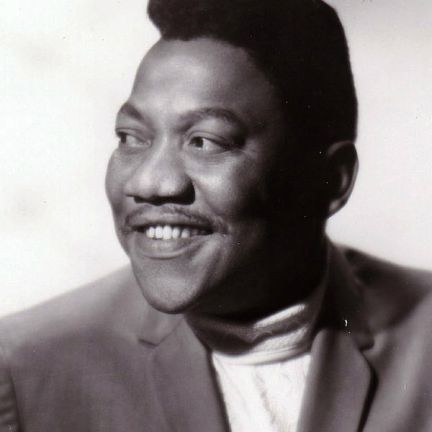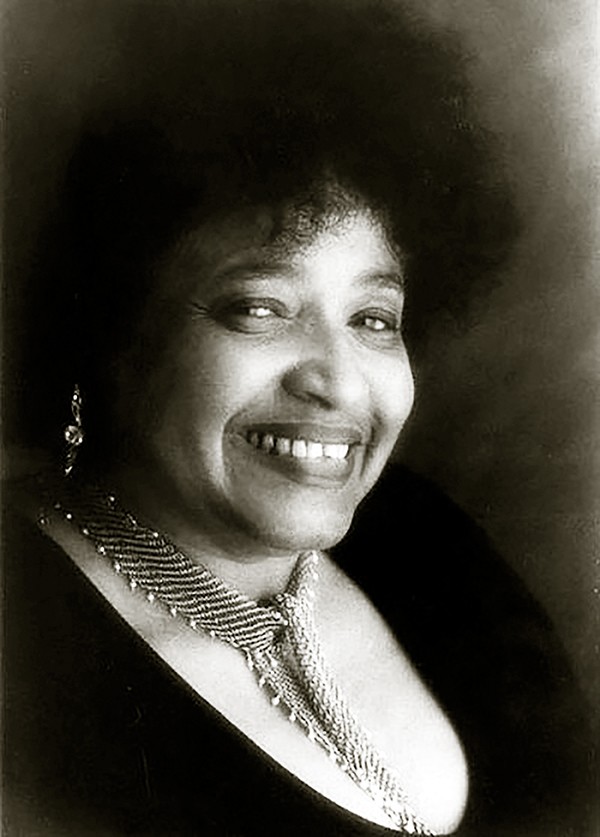Vicki steadied herself on the window sill, raised up, and reconnected a blind cord that had popped off a few moments earlier. She then stepped onto a wobbly bar stool and lowered herself to the hardwood floor. Johnny Cash and Elvis Presley looked on, seemingly in amusement, their black-and-white smiles forever captured on a framed print hung from the exposed brick wall. The print included a quote, “Don’t criticize what you don’t understand, son. You never walked in that man’s shoes.” I sneered at Elvis, hanging there with a big grin on his face. I’ll worry about walking in another man’s shoes when I can feel my feet again.
Mid-morning on Thursday, January 18th, and temperatures hovered near 30 degrees with windchills that made it much, much colder. Sleet, or freezing rain, lightly pelted the cars, the sidewalk, and the parking lot outside our first-floor rental. My feet, already wrapped in two layers of wool socks, felt numb. I wiggled my toes to make certain they still worked.
As I often jokingly say to Vicki, my better half, “Whose bright idea was this?” Unfortunately, this one was all mine.
On Wednesday afternoon we pulled into the rear parking lot of our Airbnb, located inside the former Ambassador Hotel on Vance Avenue. The dry snow that accumulated earlier in the week hadn’t refrozen yet, so navigating from our far away East Memphis home to South Main wasn’t difficult. While unloading Vicki’s Subaru, a small CAT bulldozer scraped snow from the lot and dumped it onto a gray slush-pile right behind us. The dozer’s noise and noxious gas fumes, combined with a biting cold wind, reminded me that this week might be unforgettable, but for all the wrong reasons. Yeah, maybe not a bright idea to be Downtown during a Snowpocalypse.

The 39th edition of the International Blues Challenge (IBC) kicked off that Wednesday night, so, as avid blues fans, we braved the ice and snow to support up-and-coming blues musicians who traveled to Memphis to perform in the bars and clubs along Beale Street. Typically held in January, IBC is a weeklong blues convention and, this year, featured almost 140 musical acts from the U.S., Canada, and 11 other countries.
After surviving Wednesday night’s frigid temperatures and Thursday morning’s frozen precipitation, Vicki and I ventured back to Beale, navigating icy sidewalks, slushy crosswalks, and ever-expanding piles of dirty snow. Baby steps, Vicki repeated like a mantra as we crunched and cursed our way along South Main. Once the skies cleared, Thursday’s weather turned out to be tolerable. Beale’s clubs were busy with various IBC activities: master classes conducted by veteran musicians, a “Women in Blues” showcase at Alfred’s and, inside A. Schwab’s, a Hohner harmonica demonstration. Following a dinner of slathered ribs at Blues City Café, we hopped next door to the Band Box, where we caught several performances and stayed for a late-night jam session. Well past our bedtime, Vicki and I called it a night and baby-stepped back to the Ambassador for some much-needed sleep. And warmth. We’d survived the first two days of IBC but had two more to go, and, unfortunately, the Mid-South’s Snowmaggedon would soon get worse. Early Friday morning, January 19th, and the outside temperature was barely 27. The extended forecast said temps would drop into the low 20s and stay there all day through Saturday. To add to the fun, burst water mains forced MLGW to issue a boil water advisory for portions of Shelby County.

Johnny smiled. I frowned. That “Don’t criticize …” quote swirled inside my head. “Don’t start,” I warned the Man in Black. “You and ‘E’ get to stay here, where it’s warm.” From the bedroom, Vicki asked me who I was talking to.
Our Friday adventures on Beale were a frozen blur. The entire county was under a boil water advisory, and Saturday’s arctic-cold temperatures would be in the teens, not the 20s. Yeah, not a real bright idea …
Shivering from the cold, Vicki and I stood inside the historic Orpheum Theatre for Saturday’s IBC Finals. The grand lobby felt like an ice box. We soon learned that due to water-pressure problems, the facilities were now outside. So, when “nature called,” we opened an exit door and hurried through the bitter cold to a porta-potty. Unforgettable.
We’d left the comfort of our warm urban oasis for porta-potties and sub-freezing winds while sharing a lukewarm bottle of water. Nonetheless, we stayed all afternoon and enjoyed the talented finalists performing on the stage. After the finals, we baby-stepped our way to the Downtown Slider Inn. Finally, warm and cozy, Vicki ordered the falafel sliders and declared them her new favorite.
Sometimes, I have a good idea, I was tempted to say.
Instead, I just smiled.
Ken Billett is a freelance writer and short-story fiction author. He and his wife, Vicki, have called Memphis home for nearly 35 years. When not listening to blues music, Ken reads spy novels and tends to his flowers.
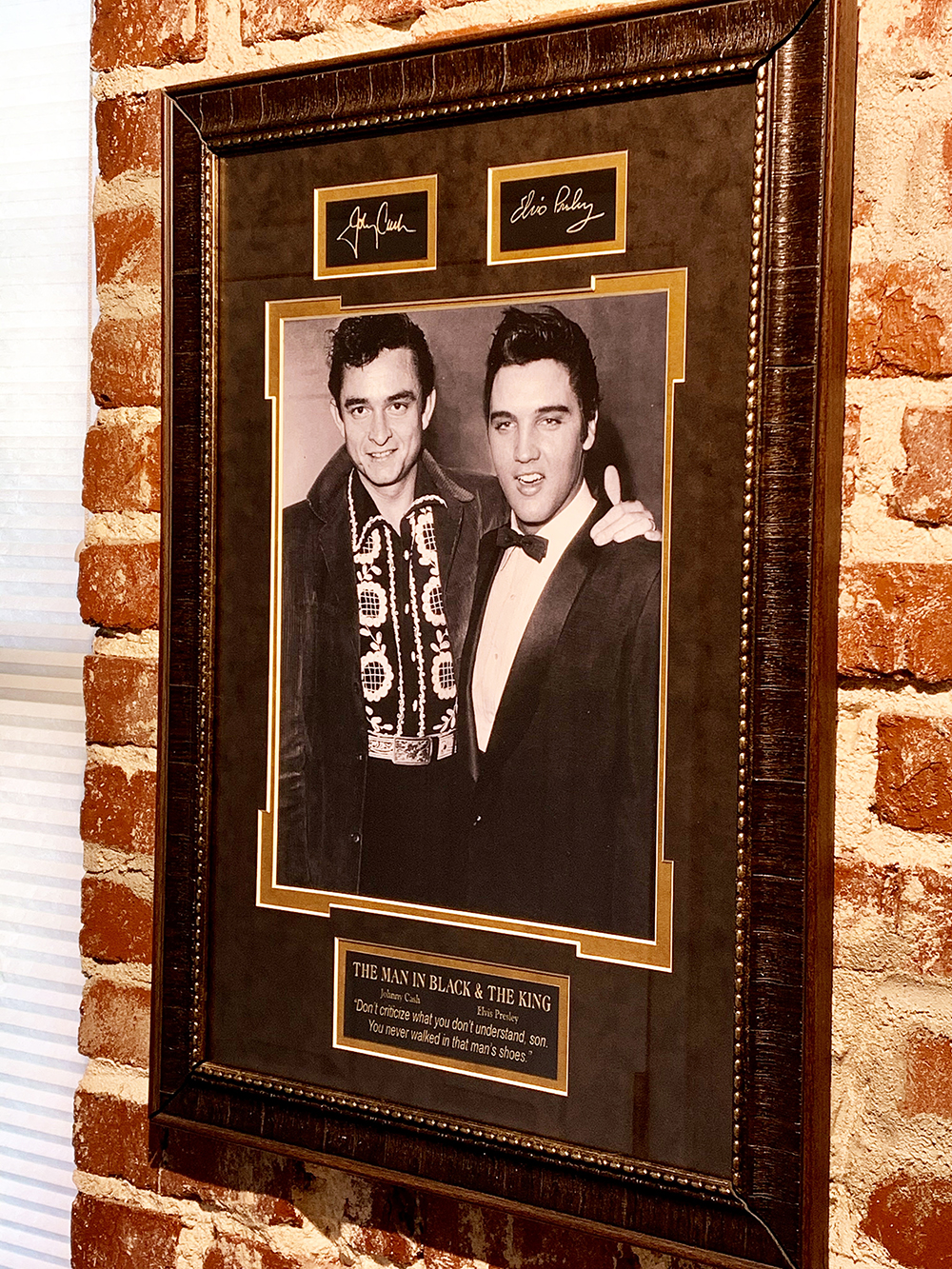
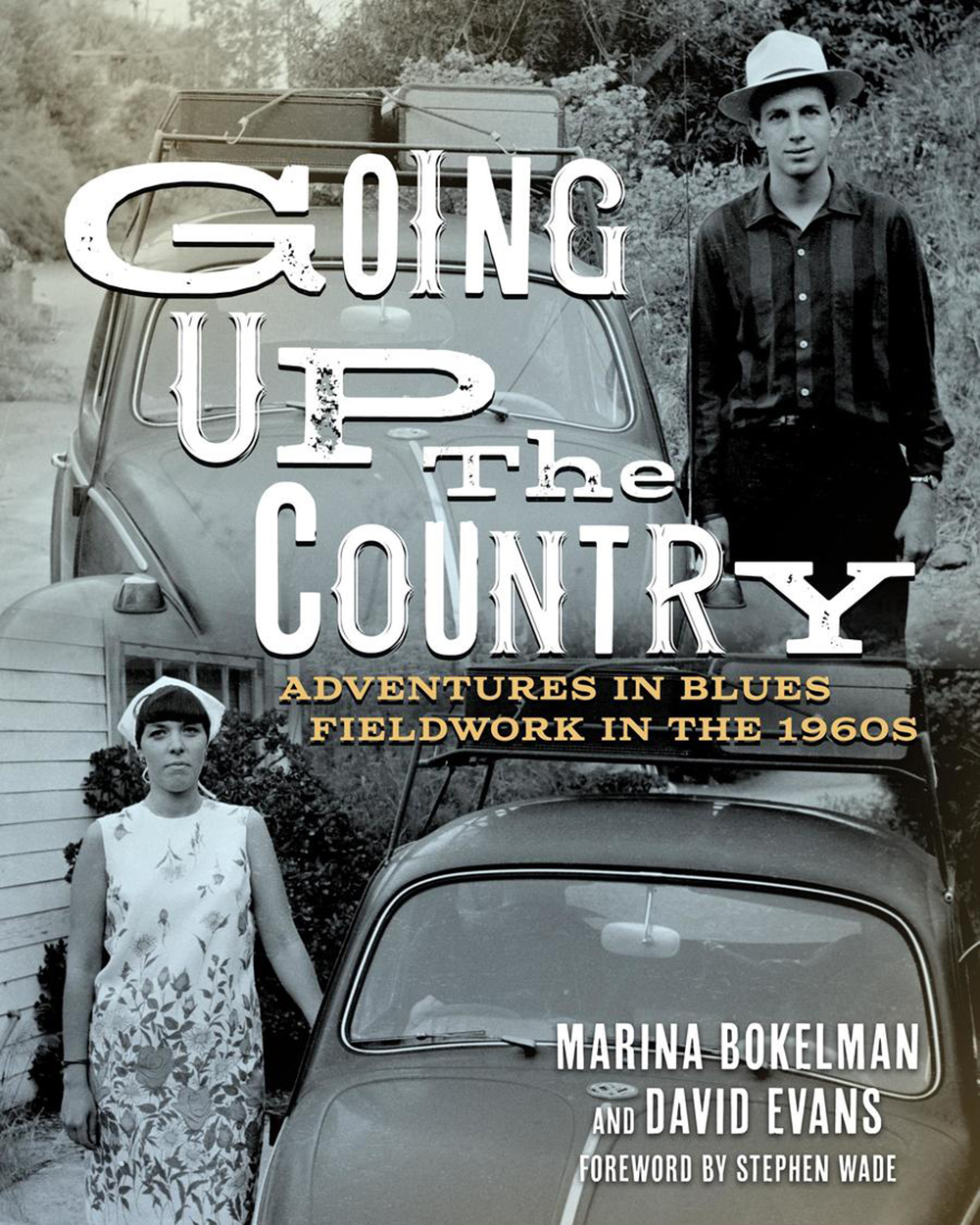

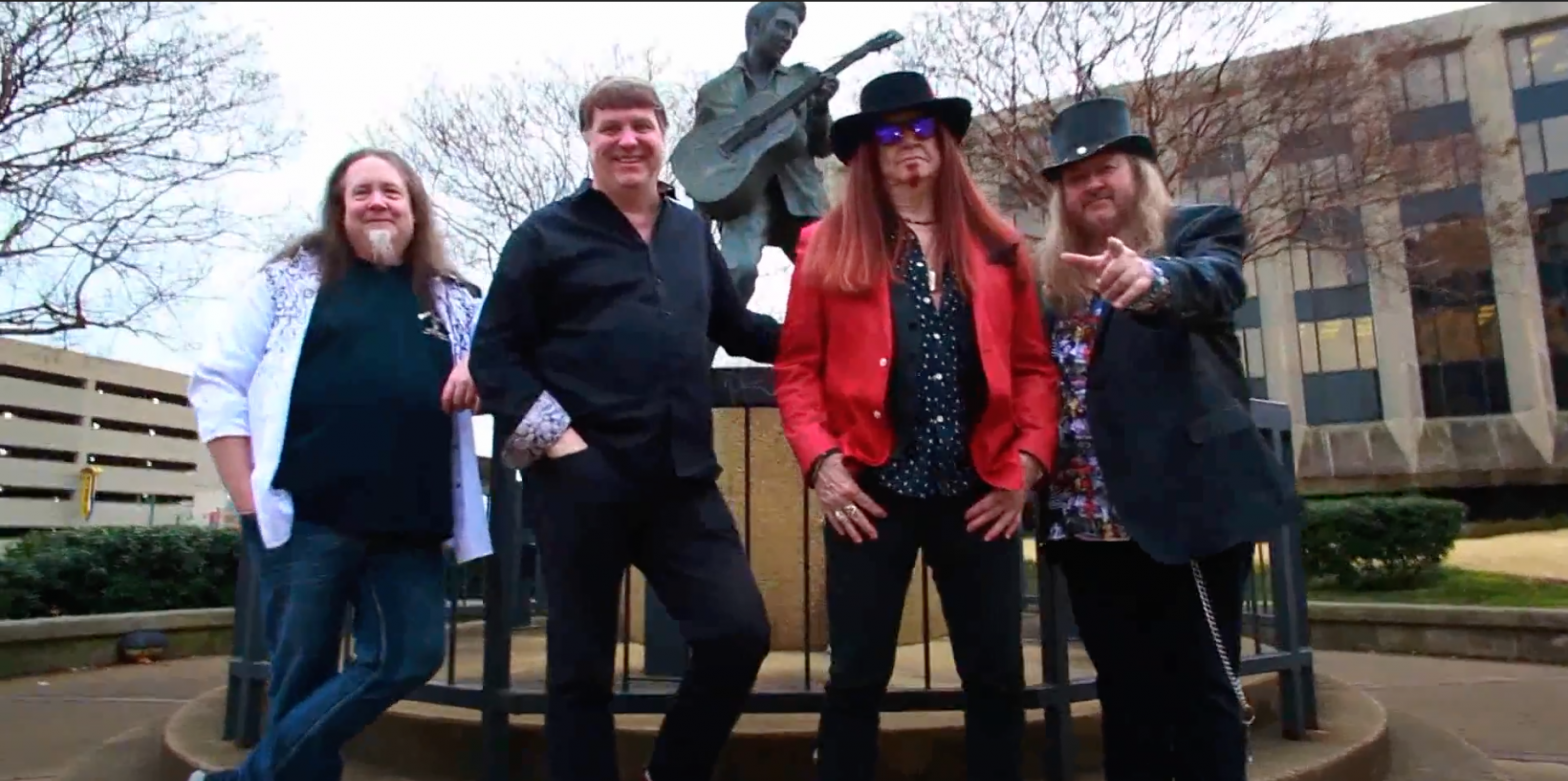

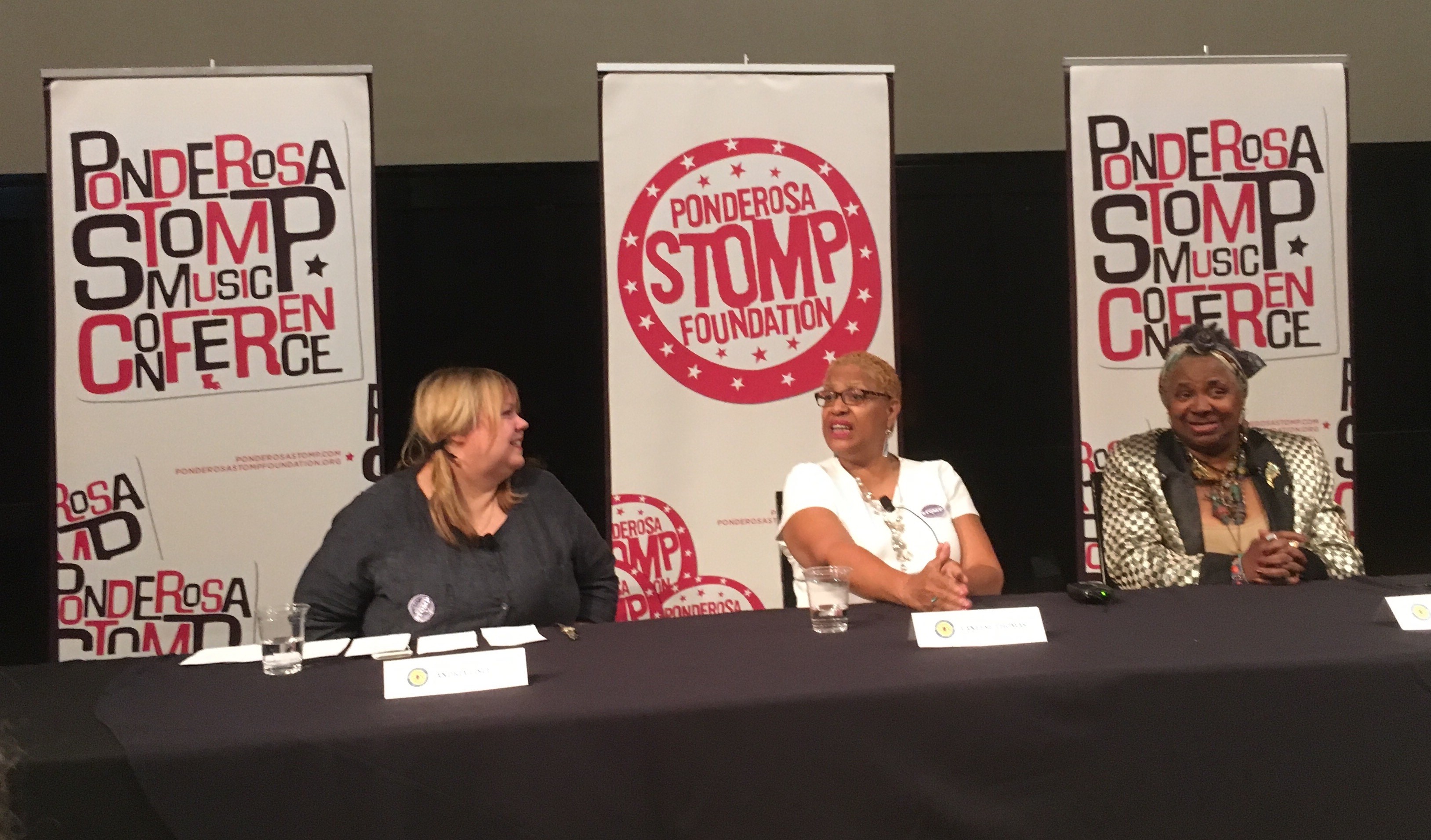 Alex Greene
Alex Greene 